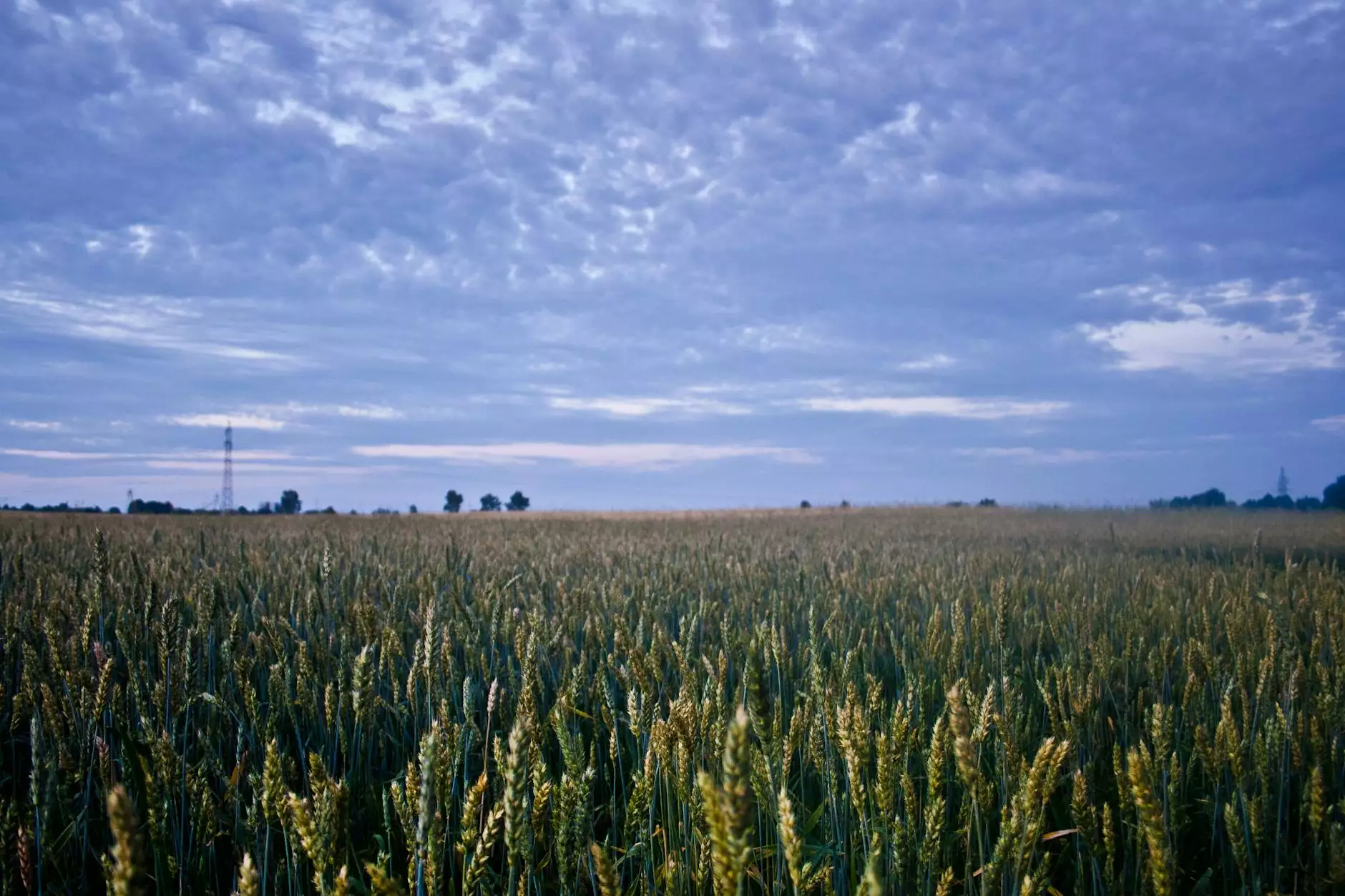Unlocking Success in Farm Equipment Repair and Management: Your Ultimate Business Guide

The agricultural sector is a vital component of the global economy, serving as the backbone of food security and rural development. At the heart of this industry lies farm equipment repair and farming equipment management. Companies like TSGC Inc. specialize in providing top-tier services that support farmers and agribusinesses in maintaining efficient operations. This comprehensive guide explores the critical aspects of farming equipment, the importance of expert repair services, and innovative strategies to mitigate challenges such as pest infestations, including the notorious grain weevil control.
The Significance of Farm Equipment in Modern Agriculture
Efficient and reliable farming equipment forms the backbone of productive agriculture. These machines enable farmers to plant, cultivate, harvest, and process crops with precision and speed, directly influencing yield quality and quantity. Without proper maintenance and timely repairs, equipment failures can cause significant delays and financial losses, emphasizing the necessity of dedicated farm equipment repair services.
As farming methods evolve, so does the complexity of machinery involved. Modern equipment incorporates advanced technology such as GPS-guided tractors, automated harvesters, and data-driven irrigation systems. This technological leap demands specialized expertise in repairs and maintenance, which companies like TSGC Inc. are well-equipped to provide.
Why Choose Professional Farm Equipment Repair Services?
Investing in professional repair services guarantees long-term machinery efficiency and operational reliability. Key benefits include:
- Extended Equipment Lifespan: Regular repairs prevent wear and tear from escalating into costly breakdowns.
- Enhanced Safety: Well-maintained machinery reduces the risk of accidents during operation.
- Optimized Performance: Tailored repairs restore equipment to peak functionality, enhancing productivity.
- Cost Savings: Preventative maintenance is more economical than emergency repairs or replacements.
- Regulatory Compliance: Proper repairs ensure adherence to safety and environmental standards.
TSGC Inc. specializes in comprehensive farm equipment repair, covering everything from small engine fixes to complex hydraulic system overhauls. Their experience across various brands and models ensures that your equipment always functions at its best.
The Variety of Farming Equipment and Their Maintenance Needs
The scope of farming equipment used today is vast, encompassing tractors, plows, seeders, harvesters, irrigation systems, and storage facilities. Each type of equipment has specific maintenance requirements. For instance:
- Tractors: Regular engine checks, hydraulic system inspections, and tire maintenance.
- Harvester Machines: Blade sharpening, belt adjustments, and sensor calibrations.
- Irrigation Systems: Pipe inspections, pump maintenance, and valve replacements.
- Storage Facilities: Pest control, structural assessments, and climate management.
Ensuring all these components receive appropriate care is critical for minimizing downtime and maximizing crop yields. Partnering with professional services like TSGC Inc. guarantees adherence to manufacturer specifications and industry best practices.
Strategic Approaches to Grain Weevil Control in Grain Storage
One of the most persistent challenges faced by farmers and grain handlers is the infestation of grain pests such as the grain weevil. These tiny insects can cause extensive damage to stored grains, resulting in significant financial loss and compromised food safety. Effective grain weevil control requires a multi-faceted approach grounded in science and best practices.
Understanding Grain Weevils and Their Life Cycle
Grain weevils, primarily the *Sitophilus granarius*, lay their eggs inside grains. The larvae develop within, feeding on the grain kernels, which leads to weight loss, contamination, and reduced germination capacity. Their resilient nature and ability to survive in low-temperature environments make them particularly challenging pests.
Integrated Strategies for Grain Weevil Control
To effectively manage and eliminate grain weevils, farmers must employ integrated pest management strategies that encompass sanitation, monitoring, prevention, and targeted intervention. Best practices include:
- Regular Inspection and Monitoring: Use pheromone traps and visual inspections to detect early infestations.
- Proper Grain Storage Conditions: Maintain low temperatures (









